RENEWING the Western heritage of liberal arts & the Christian intellectual TRADITION


RENEWING the Western heritage of liberal arts & the Christian intellectual TRADITION

Welcome to the University of Dallas Braniff Graduate School of Liberal Arts. The university’s Board of Trustees in May of 2020 boldly adopted a vision statement that asserted, in part: “The University of Dallas aims to provide the paradigm for Catholic university education. It seeks to do this through combining a comprehensive liberal education with disciplined formation in a wide variety of majors and graduate programs in a manner unmatched by any other Catholic university.” The Braniff graduate programs self-consciously seek the recovery of the Western intellectual tradition, a tradition broad and deep, grounded fundamentally in the great texts of ancient, medieval and modern thought.
It is precisely this vision of education, formation and service that draws people from around the country — indeed, from around the world — to our programs. Our students come, it is worth noting, largely not because they see the education they are to receive here as lucrative, or as simply professional training allowing them to succeed in their field of study. That is not their primary concern — not that they don’t succeed, as our track record indicates that they go on to do very well. Their primary concern, though, is not with “professional development” or training, but with living a good and honorable life, and coming to know what it means to live that life. They strive to participate in what the Vision Statement identifies as the “lifelong pursuit of wisdom, truth and virtue.”
We invite you to acquaint yourself with our programs and join our scholarly community in the noble quest that has guided us for more than half a century.
Richard J. Dougherty, MA ’89 PhD ’93 Dean, Braniff Graduate School of Liberal Arts Director, Institute of Philosophic Studies Professor, Politics Department
“Everyone wants to and needs to make a living, but a living is only a means to living well. The University of Dallas is the kind of place where one learns to live well.”
Joshua Parens, Ph.D.
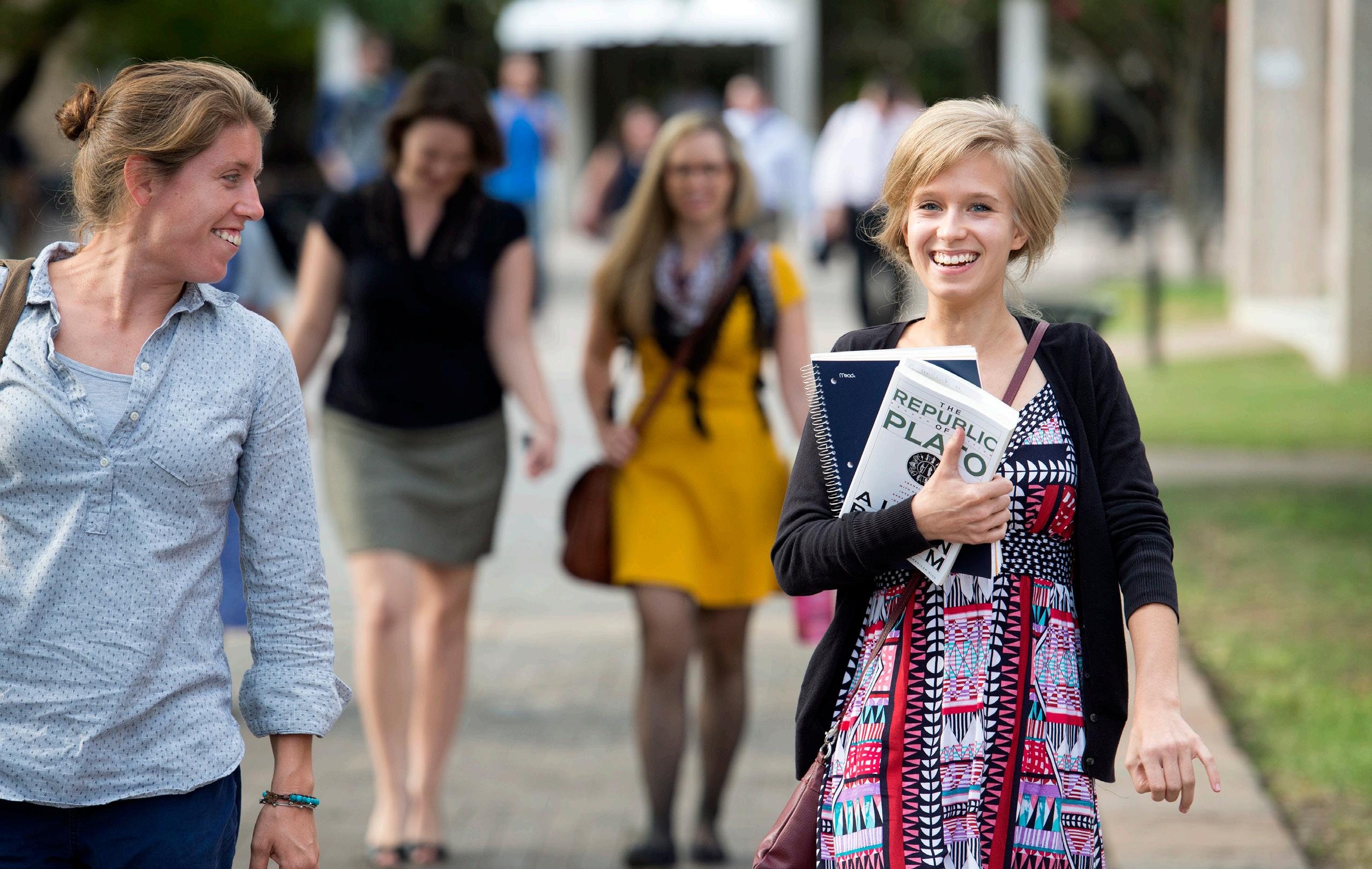

Share
A deep and broad foundation for professional growth is built through a proper understanding of the “first things” of life — among them education, faith, the civic sphere and the human person. At the University of Dallas, this pursuit of first things is brought to life through invigorating seminars, dynamic lecture courses, the careful reading of core texts, and interdisciplinary dialogue in a variety of graduate liberal arts programs. We invite you to share in the quest for wisdom by engaging with the great minds of antiquity as well as contemporary thinkers as you prepare for your future through a graduate certificate, master’s degree or doctorate.
Consider life’s most profound questions.
Each liberal arts graduate program is informed by a unique sense of paideia, the education of the soul. This kind of education comes only as a response to life’s most pressing questions.
pai·deia / pī ˈ dāə / noun
(in ancient Greece) education of the soul. • the culture of a society.

… in their original languages.
All Master of Arts students, excluding those in art, gain reading knowledge of a foreign language in order to research and understand the great thinkers in their native contexts.
Students take reading knowledge language courses at the University of Dallas, practice independent study or choose to participate in the university’s Institute in Classical Languages, which offers the perfect opportunity for deepening one’s knowledge of Latin and Greek through intensive study during the summer months.
… and demonstrate your understanding
At the culmination of their coursework, candidates for master’s degrees demonstrate their understanding of texts and core subject matter through comprehensive examinations. In lieu of comprehensive exams, art students present a portfolio or thesis exhibition, and psychology students gain clinical experience through a practicum.
“The program strengthened my faith as well as my love for learning. What UD offers is truly exceptional.”
Find your FIT
The Braniff Graduate School of Liberal Arts offers several degree tracks, each uniquely crafted to broaden your horizons and equip you for success.
A Master of [insert your discipline] degree is intended for current and aspiring school teachers. Typically, in lieu of writing a thesis, two additional courses are completed to gain increased knowledge of a given discipline.
A Master of Fine Arts (M.F.A.) is the terminal degree for studio artists who aspire to be professional artists or hold senior-level positions at institutions.
A Master of Arts (M.A.) degree is suited for those seeking to obtain a doctorate, enter a research profession or teach at the community college level. It requires the completion of a thesis and the attainment of reading knowledge of a second or third foreign language.
A doctoral degree (Ph.D.) prepares you to contribute extensive and original research in your field of study and to teach at the highest level. The Braniff Graduate School confers doctorates in literature, philosophy and politics with a core curriculum that all students take together.
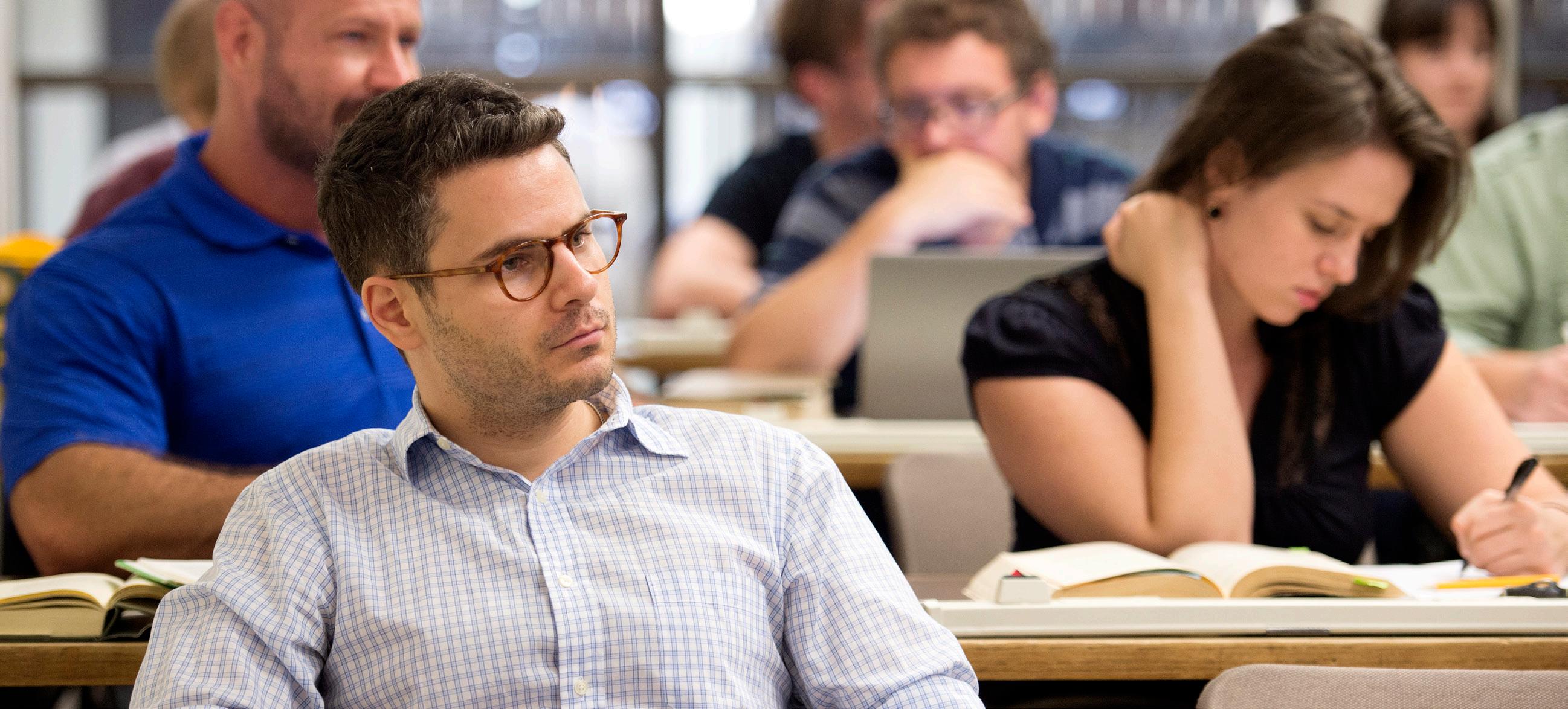
Prepare for advanced studies, teaching or policy work with a customized program that integrates American literature, politics and history and investigates the authentic understanding of human nature, political order and justice shared by America’s founders.
Influence your school community at large with a more robust knowledge of the Catholic tradition and practical, experience-based skills for leadership, in addition to serving each student who passes through your classroom.
Learn to guide students by both word and deed to develop and enrich their human knowledge through the light of faith. Become distinctively certified to teach in Catholic schools at the elementary or secondary level.
For those who desire to teach Latin or Greek at the primary or secondary level, cultivate your knowledge of the classical languages through close study of the ancient texts. This degree is also an excellent preparation for doctoral work.
Join the classical education movement and advance your career in teaching or administration as you study the history of liberal education, pedagogy and the classics of the Western tradition with the most accomplished classical educators in the nation.
The standard degree offered by Catholic seminaries and universities for the formation of candidates for ordination to the Roman Catholic priesthood; it is intended at the University of Dallas principally for the formation of the seminarians of Redemptoris Mater Seminary in Dallas.
Master the great texts of literature and poetry from the vantage point of those authors who best exemplify the imagination’s capacity to grasp truth and an understanding of nature and the human experience in preparation for a vocation in teaching, higher education, journalism, law or business.
Fine Art
Pair the study of visual art from historical, theoretical and critical perspectives with disciplined studio practice to flourish as an artist.
Humanities
For teachers and all those who aspire to learn more about a given field of study or epoch, accelerate your career and your interests by studying the seminal texts that have shaped Western civilization.
Ministry
Study the enduring motifs and seminal language of the Catholic tradition as found in the Biblical, doctrinal, sacramental, moral and practical dimensions of Catholic life; three ministerial graduate programs.
Philosophy
Study the Western philosophic tradition in its fullness by acquiring knowledge that goes beyond an extrinsic historical analysis of authors and doctrines and into the persistent questions brought to bear in classic texts and current events.
Politics
Master the most rewarding political works of the Western tradition and the American experiment in self-government to form a firm foundation for leadership in public affairs or teaching.
Psychology
“We believe that teachers are charged with no small task, namely, the preservation of civilization itself. To do that well, they need the opportunity to return to study themselves, to read and re-read the best things that have been written in community with their colleagues.”
David Sweet, Ph.D. Professor of Classics

Recognizing that teachers are a vital, and often underappreciated, force in bolstering the strength of our nation, the Braniff Graduate School welcomes teachers to enroll in any of its degree programs. A special tuition rate is available for applicants to specified programs.
This program is essential for teachers and administrators in charter, faith-based, and homeschool settings dedicated to revitalizing liberal education. Engage with the great works of the Western tradition through “The Great Conversation,” enriching your career while networking with leading classical educators at UDallas.
This unique program explores the influence of Jewish thought on Western civilization, equipping graduate students to teach and lead in Jewish classical schools.
Designed for teachers in Catholic schools, this 18-credit hour program emphasizes subject matter and Catholic values, providing foundational pedagogical knowledge and meeting Texas Catholic Conference requirements.
Ideal for primary and secondary teachers, this flexible program allows you to create a curriculum around three core “World Courses” in the Western tradition, with additional discipline-specific courses to tailor your degree for personal and professional goals.
This interdisciplinary program prepares educators to take on administrative roles in Catholic education. Courses are taught by University of Dallas faculty as well as diocesan and school leaders.
Master of Arts in Teaching 4+1 Program
Designed for UDallas undergraduates, the MAT program gives students the opportunity to earn a master’s degree and a Texas teaching certification shortly after the bachelor’s degree.
“Part of the great value of Braniff and the IPS is the common intellectual culture made possible by core classes and the general emphasis on major periods, authors and genres. Because of these conditions, students have the materials and capacity to have rich and challenging conversations across the disciplines. It happens every day, and it made a huge difference in my intellectual formation in grad school.”
Dwight Lindley, PhD ’11
Associate Professor, Hillsdale College

“The university bases all her programs on the supposition that truth and virtue exist and are the proper objects of search in an education, just as truth and virtue are bedrock principles for being a citizen, friend, spouse, religious, statesman or any other profession in the world.”
Nancy Cain Marcus Robinson, PhD ’03 Former U.S. Ambassador
The Institute of Philosophic Studies (IPS) is the PhDgranting division of the University of Dallas. The only doctoral program in the nation characterized by a required interdisciplinary core curriculum, the Institute awards doctoral degrees in literature, philosophy and politics. The Institute was founded upon the conviction that literature, philosophy and politics share a common focus on human culture and its reflection on the human soul.
For this reason, doctoral work at the University of Dallas is uniquely characterized by the common quest for wisdom through these differing and complementary disciplines. Immerse yourself in the moral and intellectual tradition of the West and engage classic texts, principles and issues formative to the disciplines of literature, philosophy and politics through the IPS Core Curriculum. Master the questions, canon and mode of inquiry particular to one of the three concentrations in your remaining doctoral work.
• Literature: Inquire into the issues treated by the great literary artists who best exemplify the capacity of imagination to grasp truth, and consider the literary treatment as one voice in a conversation in which philosophers, theologians and political thinkers also participate.
• Philosophy: Explore the “first things” that ground and locate human experience within the whole of being. Analyze the framework within which other human endeavors occur to shed light on the totality of human existence.
• Politics: Reflect upon the proper order of constitutions and restore the rhetorical tradition. Encounter the great texts of political philosophy not as systematic treatises to be memorized, but instead as enduring signposts along the way to the achievement of the common good.
In this fully funded program, students, so that they may be dedicated to their studies, are not required to teach or serve as teaching assistants.

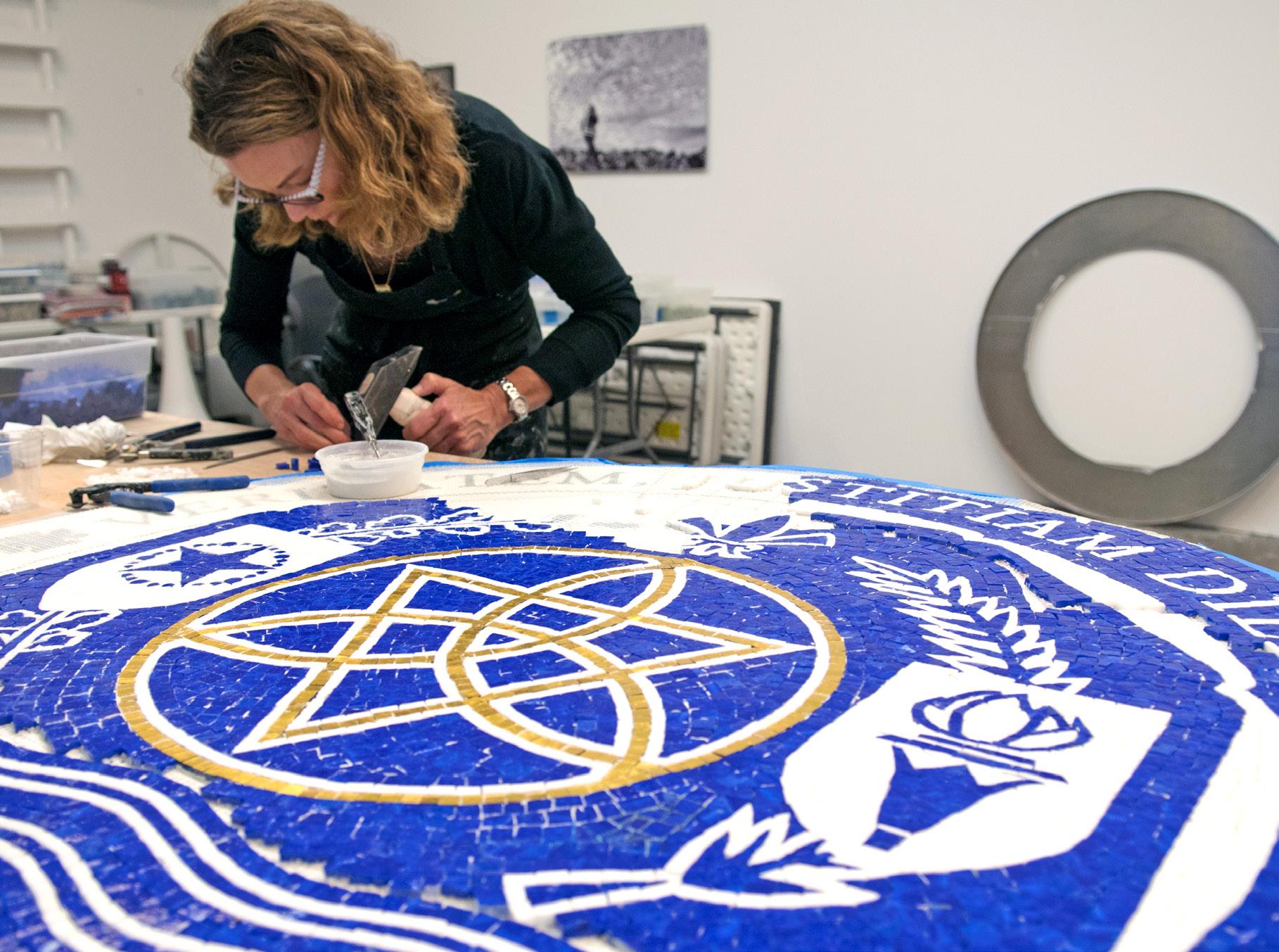

“The faculty at UD are deeply passionate about their work and the work their students are doing.”
The Art Department boasts one of only two MFA studio art programs offered by Catholic institutions in the United States. University of Dallas graduates are represented by galleries nationally, exhibit internationally and teach in universities throughout the country.
The same innovative drive that propelled the artists of the Renaissance continues in the University of Dallas Haggerty Art Village. Here, our studios were built with purpose by leading architects — first by O’Neil Ford, the “Father of Southwest Architecture,” and later by Gary Cunningham, who completed the Art Village. We have always maintained a faculty of working artists, knowing that it is artists who help maintain and develop the cultural life of a society by means of their unique expression of the basic truths of existence.
Primarily a teaching gallery, the Beatrice M. Haggerty Gallery serves the Art Department by offering exhibitions of the highest quality, creating a bridge between the learning environment and the diverse range of contemporary artistic practice.
Life as a Braniff student extends well beyond the classroom, involving opportunities to engage the ideas of the great thinkers over the centuries through evening lectures, dramatic productions, professional networking opportunities, salon events, art exhibitions and more. Our academic community regularly hosts exceptional guests and distinguished faculty members on thought-provoking topics within the Western tradition.
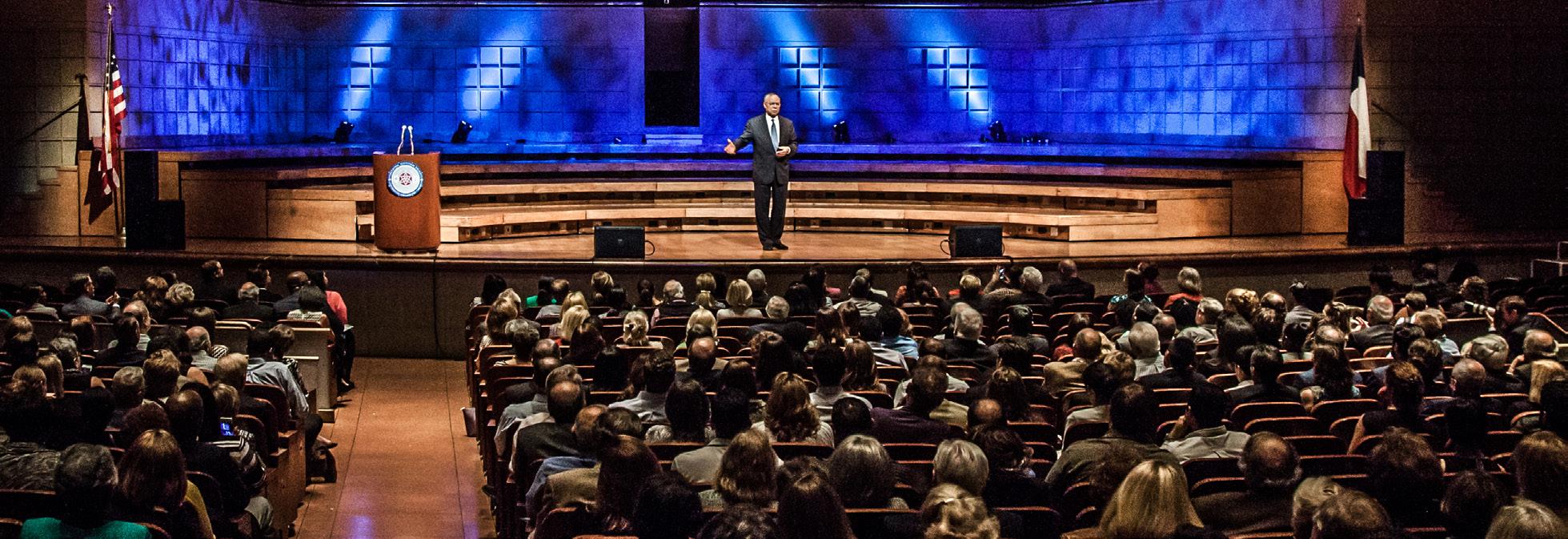
Since 1982, the Philosophy Department has hosted the annual Aquinas Lecture. In the spirit of St. Thomas Aquinas himself, the goal of the lecture series is to develop contemporary Catholic thought in close dialogue with the Thomist tradition. Past lecturers have included Robert P. George, Eleonore Stump, Jean-Luc Marion, Ralph McInerny, Philipp Rosemann, D.C. Schindler and others.
The IPS hosts a colloquium each semester to foster discussion on selected student papers. Primarily a greenhouse for budding ideas, the colloquium also provides a chance for students to sharpen their conference skills.
Since 1974, the endowed lecture series created in honor of the late scientist, businessman, civic leader and philanthropist Eugene McDermott has brought to the university’s important writers, artists, philosophers and educators such as Derek Walcott, Mortimer Adler, Maya Lin, Jacques Barzun, Bruce Cole, Paul Goldberger, Leon Kass, Mark Halperin, Francis Fukuyama, Gen. Colin Powell, Ross Douthat and Robert Alter, among others.
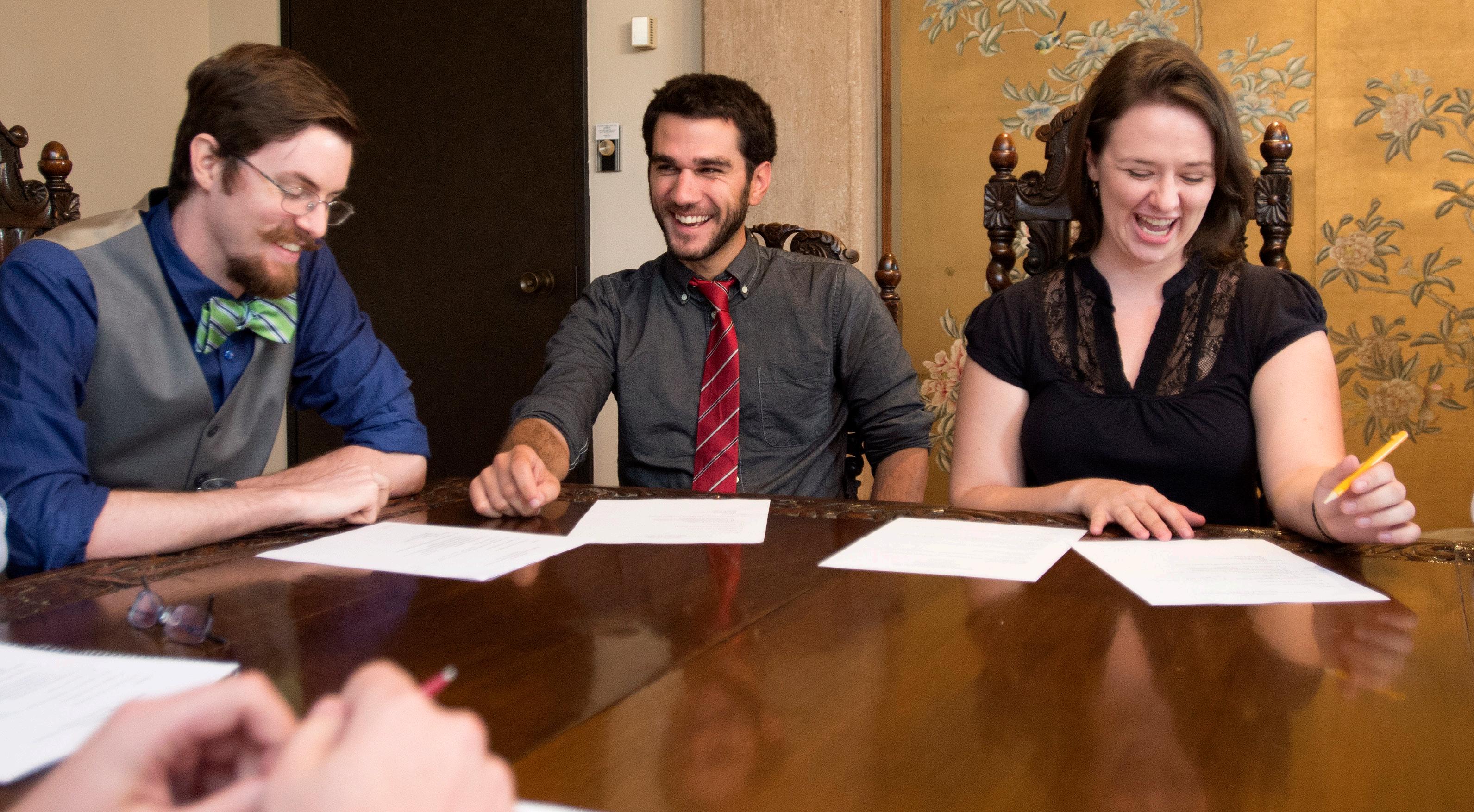
Contribute to the sum of
As a student of the Braniff Graduate School, you will learn under professors who are active in the scholarly community as writers, researchers and editors. Additionally, the University of Dallas is home to several centers and institutes for scholarly activity. Here are a few:
• The Center for Thomas More Studies promotes the study of Thomas More, especially the contemporary implications of his principles for statesmanship and the need for educated and virtuous citizens. The center, responsible for The Essential Works of Thomas More, hosts a yearly conference on More’s life and work.
• Dallas Medieval Texts & Translations was launched in 2002 and is engaged in an ambitious long-term project: to build a library of medieval Latin texts with English translations that will represent the whole breadth and variety of medieval civilization. To date, 29 volumes have been published.
• Dallas Forum is an interdisciplinary group of scholars from various universities, supported by local business and professional leaders, that promotes a natural law public philosophy rooted in the principles of the American Founding.
• The Dallas Goethe Center was founded in 1965 to foster an appreciation of German art, drama, music, language, literature, history, and current affairs, and cultivate the mutual understanding between the people of German speaking countries and those of the United States of America.
With small classes, Braniff students enjoy the opportunity to join their professors in scholarly work and benefit from mentorship for their own studies.
Broaden your horizons by studying a new subject and engaging a new community of learning by enrolling as a non-degree-seeking student. The University of Dallas invites lifelong learners to explore a host of courses like Arthurian Romance, Special Topics in Shakespeare, The American Founding, Themes in Social and Political Philosophy, Social Psychology or Church History.
Non-degree-seeking students should have already completed an undergraduate degree. If at any time they wish to become candidates for a degree, we welcome applications for regular admission. Regular tuition rates apply.
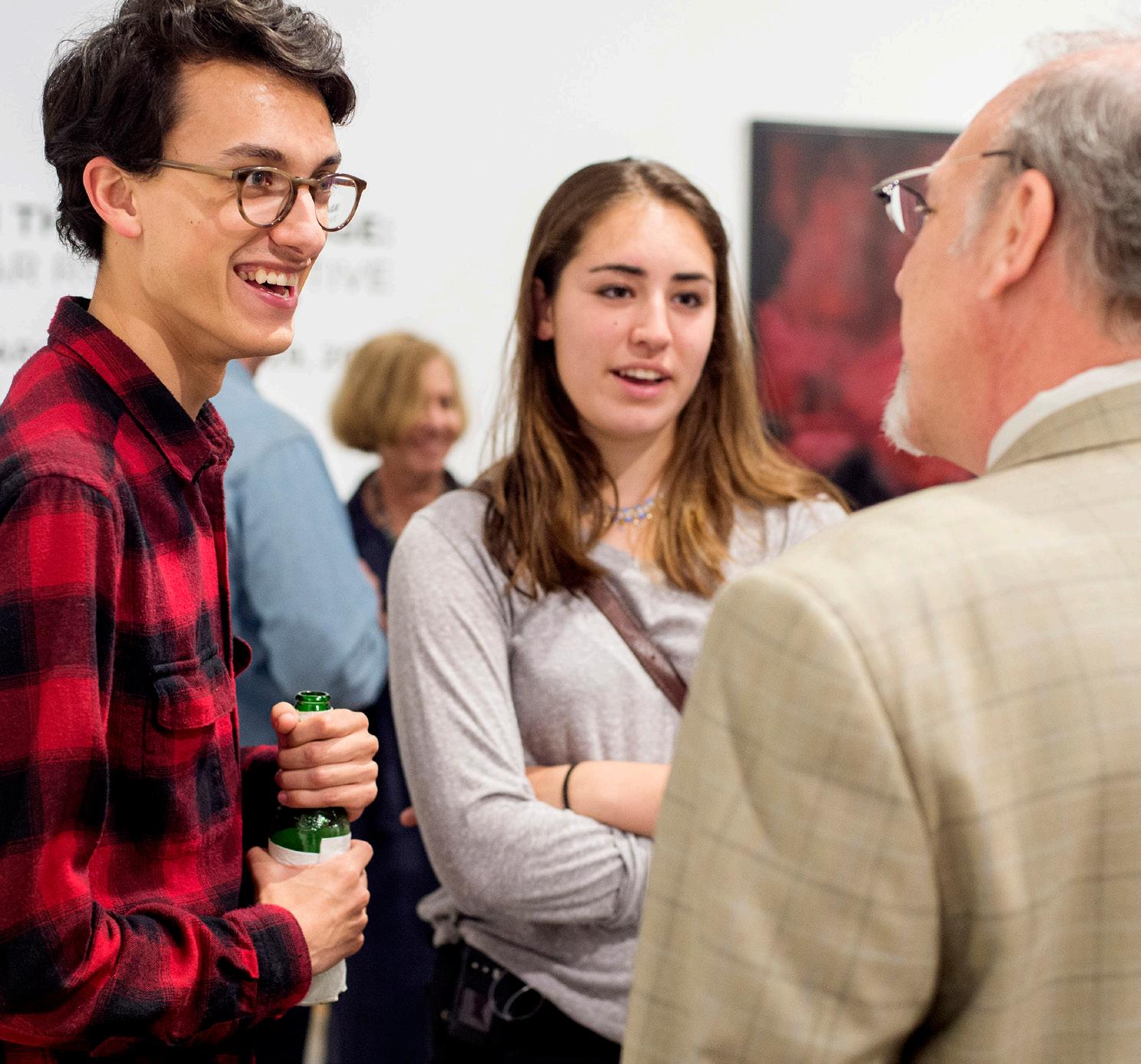
“I think the study of philosophy is critical to one’s understanding of the greater world and our place in it. A desire for personal development and a continuing interest in the humanities drove my decision to study philosophy at this point in my life. I was fortunate enough to be able to step out of the workforce for a period of time and dedicate some years to follow this desire.
“My main objective — to be an informed, knowledgeable student of philosophy — was accomplished, and I don’t think I would have undertaken this journey if not for the University of Dallas. I had confidence that my study would be supported by professors who were committed to the project of Western civilization without ideological bias.”
Operations partner with over 30 years’ experience as a consultant and investor with large and medium-sized enterprises at a private equity firm
Shaped by the tradition of Catholic learning and committed to the Church’s teachings, the University of Dallas fosters spiritual and intellectual development through the dialogue of faith and reason.
Numerous opportunities to deepen and engage your faith are available on and off campus. On campus, the Church of the Incarnation serves the spiritual needs of the students, faculty, staff and alumni of the university and all others who choose it as their spiritual home. As a Catholic faith community, it stands in a position of openness and hospitality to all those who wish to worship here. The church and adoration chapel are open daily for Mass, prayer and sacramental life.
Beyond campus, the Catholic Diocese of Dallas is home to dozens of parishes and encompasses a vibrant scope of ministries as well as worship and formation opportunities.
There is no better time to delve into the humanities, to contemplate life’s fundamental questions and to be renewed, personally or professionally.
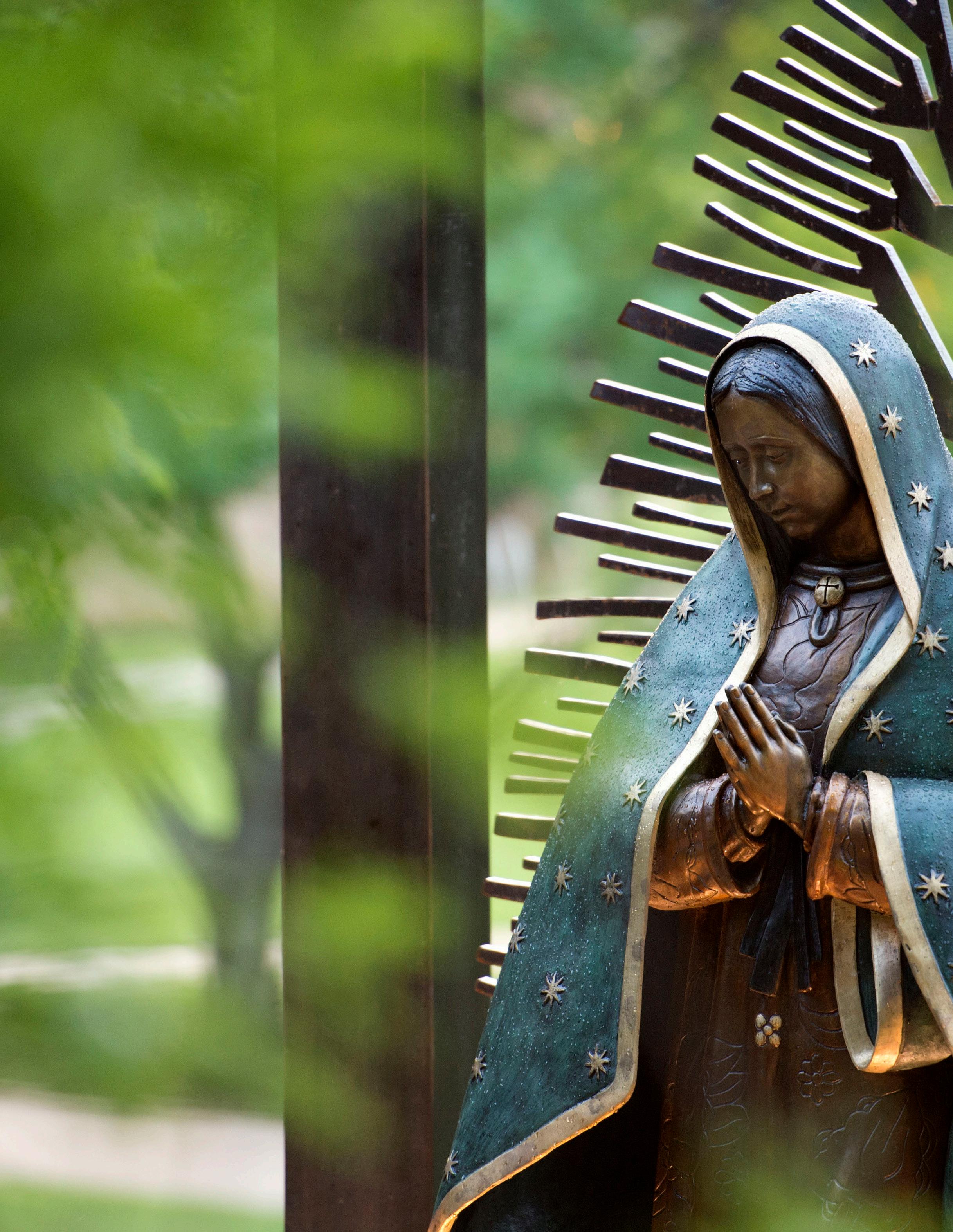
“A Catholic university pursues its objectives through its formation of an authentic human community animated by the spirit of Christ.
The source of its unity springs from a common dedication to the truth, a common vision of the dignity of the human person and, ultimately, the person and message of Christ.”
Pope Saint John Paul II, “Ex Corde Ecclesiae”
Mihee Nahm teaches art, specializing in painting. She received her MFA from the University of Texas. Her most noted acrylic and oil paintings capture close sensory experiences of nature.
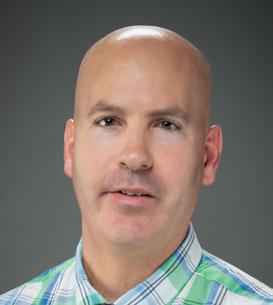
Christopher Bell is primarily interested in critical psychology and Lacanian psychoanalysis. He received his doctorate from the University of West Georgia. Bell’s recent publications include scholarly articles on Lacan and critical theory.
Brett Bourbon teaches courses on 20th-century modernism and prose fiction. He received his doctorate from Harvard University. Interested in the intersection of philosophy, literature and logic, especially in the work of James Joyce, his recent publications include the book Everyday Poetics: Logic, Love, and Ethics (Bloomsbury).

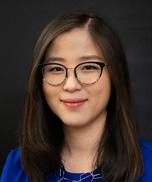
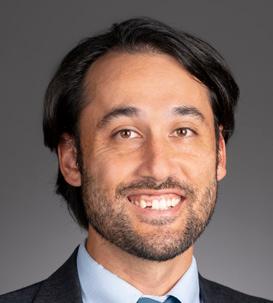
Yoshiaki Nakazawa teaches education and directs the Master of Arts in Teaching graduate program. He received his doctorate from Columbia University. His publications have explored moral education and the philosophy of education, including his recent co-written book A Platonic Theory of Moral Education (Routledge).
Cynthia Nielsen teaches courses on hermeneutics, contemporary philosophy and aesthetics. She received her doctorate from the University of Dallas. Nielsen has a special interest in the work of Hans-Georg Gadamer, having recently published a monograph, Gadamer’s Hermeneutical Aesthetics (Routledge), and co-edited a volume of commentary, Gadamer’s Truth and Method (Rowman & Littlefield), on his work.
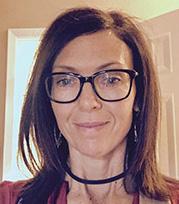
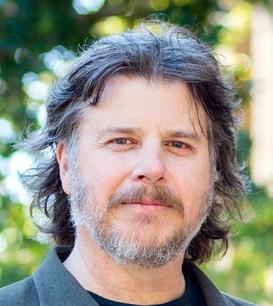
Scott Crider has taught English literature at the University of Dallas for 30 years. He received his doctorate from the University of California, Riverside. With a special interest in Shakespeare and rhetorical studies, Crider has published three academic books on rhetoric as well as articles and chapters on Shakespeare, Homer, the Bible, Cicero, Augustine and Dante.
Jonathan Culp is primarily interested in Plato and Hume as well as the American Founding and international relations. He received his doctorate from Boston College. Culp’s publications include his contribution to Brill’s Companion to Leo Strauss’ Writings on Classical Political Thought (Brill).
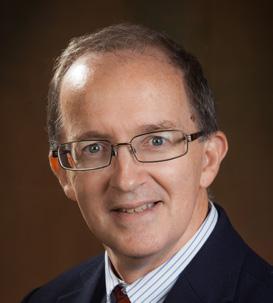
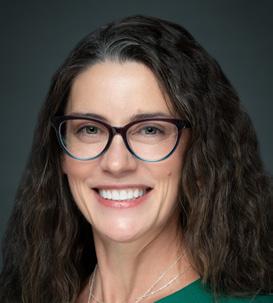
Kelly O’Briant teaches art, specializing in ceramics. She received her MFA from Arizona State University. An awarded potter, O’Briant and her work have been featured in a number of publications, and her art has been exhibited at Shemer Art Center, the Red Lodge Clay Center, Crimson Laurel Gallery and Gallery 11x14, among others.
Andrew Osborn teaches English lyric poetry and 20th-century literature. He received his MFA from the Iowa Writers’ Workshop and his PhD from the University of Texas. Osborn is the editor of The Wallace Stevens Journal. He writes on poetic difficulty and unclarity in poetic literature.
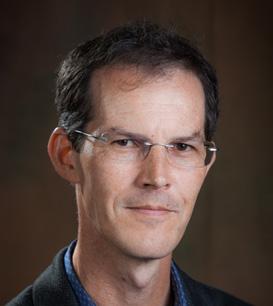
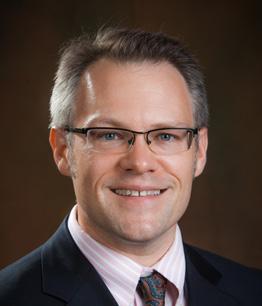
Richard Dougherty is professor of politics and dean of the Braniff Graduate School. He received his doctorate from the University of Dallas. He has published often on Augustine, having edited and contributed to the recent volume Augustine’s Political Thought (Boydell & Brewer).
Gilbert Garza directs the master’s program in psychology. A Constantin College alumnus, he received his doctorate from Duquesne University. Garza is a member of the editorial board of the APA journal Qualitative Psychology . His interests include phenomenological methods and the perceived divide between body and mind.
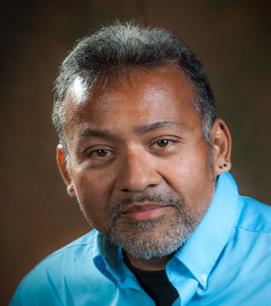
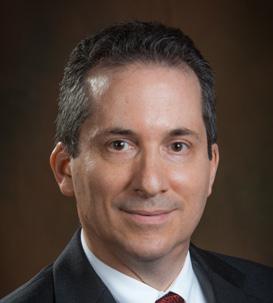
Joshua Parens teaches on political philosophy and is especially interested in Islamic and Jewish philosophers of the Middle Ages. He received his doctorate from the University of Chicago. Parens has published two books on Alfarabi, one on Maimonides and Spinoza and one on Leo Strauss. He co-edited Rochester Studies in Medieval Political Thought (Boydell & Brewer).
Laura Post teaches art, specializing in printmaking. She received her MFA from Rhode Island School of Design and studied traditional Chinese printmaking as an apprentice at the historic Rong Bao Zhai atelier. Post’s notable works include a grant project to create large-scale pulp paintings of paper made from invasive plants.
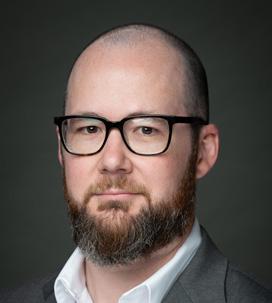
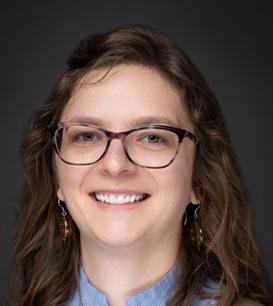
Paul Weinhold directs the Classical Education Graduate Program. He’s been a teacher and leader in classical education for twenty years. He received his doctorate from the University of Dallas. His academic interests include Shakespeare, early modern educational practices and the trivium.
Debra Romanick Baldwin teaches on the Western literary tradition, 20th-century literature and prose fiction. She received her doctorate from the University of Chicago. Romanick Baldwin specializes in the work of Joseph Conrad, having previously served as president of the Joseph Conrad Society of America, and also writes on St. Augustine and Primo Levi.


Philip Shore teaches art, specializing in sculpture. He received his MFA from the University of Notre Dame. His work begins with an interest in the relationship humans have established with the physical world and our perceived separation from it.
Steven Stryer teaches courses on Early Modern and Augustan literature, the Romantic tradition and satire. He received his doctorate from the University of Oxford. His research interests include the intersections among political ideology, historical thought and literary style in the 18th century.
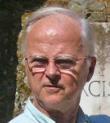
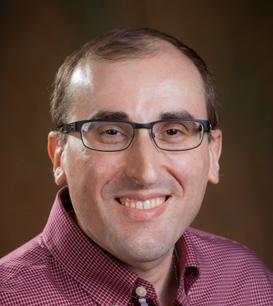
David Sweet has taught in the Classics Department for over 40 years. He received his doctorate from the University of California, Berkeley. His interests include Greek epic and tragedy, Herodotus and Plato.
Bernadette Waterman Ward teaches courses on Romantic and Victorian literature. She received her doctorate from Stanford University. Waterman Ward’s research interests include Gerard Manley Hopkins and John Henry Newman. She serves on the editorial board of The Hopkins Quarterly and on the boards of directors of the St. John Henry Newman Association and University Faculty for Life.
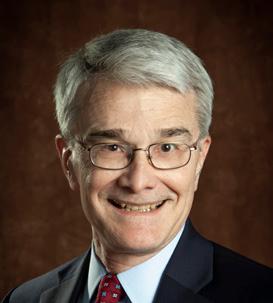
Braniff graduates have drafted historic law, led projects at NASA, held presidential appointments and boldly striven to lead scholarship back to the challenge of life’s most meaningful questions. They are leading editors, accomplished writers, medical professionals, awarded artists, decorated veterans, pioneering translators and, most of all, humble contributors to the essential conversations of the Western tradition.
The Braniff Graduate School is committed to the recovery and renewal of the Christian intellectual tradition. That’s why schools and colleges around the country that require masters of this tradition depend on the University of Dallas for their faculty. From 7th-grade Latin classrooms to university seminars, the nation’s most prominent classical institutions draw from Braniff graduates.
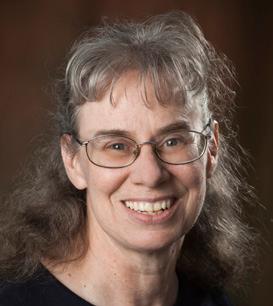
Gerard Wegemer teaches on Shakespeare, Early Modern literature, the English Renaissance and Thomas More. He received his doctorate from the University of Notre Dame. Wegemer has led the Center for Thomas More Studies since its founding in 2000. He co-edited The Essential Works of Thomas More serves as an editor of the journal Moreana and helps organize a yearly conference on More.
“The University of Dallas is the finest continuation of the Catholic tradition of university education in the West. ”
“Within Braniff, my favorite thing to teach is Plato’s Republic. It is the most fascinating and puzzling book I’ve ever read. It’s been enormously influential, throwing off controversial ideas like sparks, and its literary structure is so intricate and perfect that I can hardly believe it was written by a human being. I greatly enjoy sharing my own amazement with students and giving them some pointers about how to read such a book.”
Of course, a liberal arts degree enriches any career. Braniff alumni have consulted Plato in state legislatures, practiced psychology for public agencies and published work on Aristotle for the medical community. Top art schools, national think tanks, major hospitals and universities around the country count Braniff graduates among their leadership.
Will you join them?


Dallas/Fort Worth is the fourth-largest metropolitan area in the country. It is home to America’s largest urban arts district, with 120 museums and galleries and more than 50 professional and community theaters, as well as four Fortune 500 Global headquarters, 18 Fortune 500 headquarters, 200 international companies and over 10,000 private corporations. The region boasts not only a low cost of living and a burgeoning economy, but also a growing civic and artistic sphere, public policy opportunities and much more.
The University of Dallas’ 222-acre core campus is located in Irving, just minutes away from the cultural center of downtown Dallas, easily accessible from the DART light rail system.

Contact Braniff Graduate School via email at braniff@ udallas.edu or by phone at 972-721-5106 (toll free: 877-708-3247). We look forward to discussing your academic, personal and professional goals as you explore your next steps.
A limited number of scholarships and special opportunities for graduate liberal arts students are available from the University of Dallas. We invite you to explore scholarships, grants and financial assistance for your graduate degree at udallas.edu/finaid.
Most courses are open to prospective students and visitors during the academic year, and we invite you to attend. Contact the Braniff Graduate School to schedule a class observation visit.
Applicants and prospective students are welcome to visit the University of Dallas at their convenience. Schedule an appointment or campus tour to discuss your plans and questions with our Graduate Admissions team by emailing admiss@udallas.edu. Find your way to campus at udallas.edu/visit.
For complete information about the University of Dallas Braniff Graduate School’s admissions policies and application instructions, visit udallas.edu/ admissions-aid.
Master’s Programs (excluding Art)
• July 15: For admission to the fall semester.*
• Nov. 15: For admission to the spring semester.*
Doctoral & Art Programs
• Feb. 15: For admission to the fall semester only.
*Recommended deadline. Applicants are reviewed on a rolling basis for all master’s programs, excluding art.
– Zechariah 8.8 & 8.19
Contact Us
1845 E. Northgate Dr., Irving, TX 75062 Phone: 972-721-5106 braniff@udallas.edu • udallas.edu/braniff
The University of Dallas opens its doors.
The Blakley-Braniff Foundation endows the Braniff Graduate School, ushering in the beginning of graduate liberal arts education at the University of Dallas.
UD becomes the youngest school in the 20th century to receive Phi Beta Kappa status and one of only 23 Catholic universities in the nation to earn a chapter.
An initiative of several graduate students, the Braniff Graduate Student Association is formed to advance the work of graduate students who present at academic conferences, workshops and more.
The Classical Education Graduate Program is formed through partnerships with the nation’s leading classical school networks.
After working at Yale University for over a decade, renowned political scientist Willmoore Kendall leaves his tenured Ivy League position to teach at the University of Dallas, where he founds the politics program.
The Institute of Philosophic Studies emerges as the nation’s only doctoral program with an interdisciplinary core curriculum.
The Haggerty Art Village opens its doors as a creative oasis for undergraduate and graduate art students.
Graduate program offerings expand with the addition of the Catholic teacher certificate and a clinical concentration in psychology.
The Braniff Graduate School celebrates 50 years of dedication to graduate liberal arts education.
The Institute of Philosophic Studies awards its 175th degree, and the concentration in Jewish classical education is launched in cooperation with the Tikvah Fund.